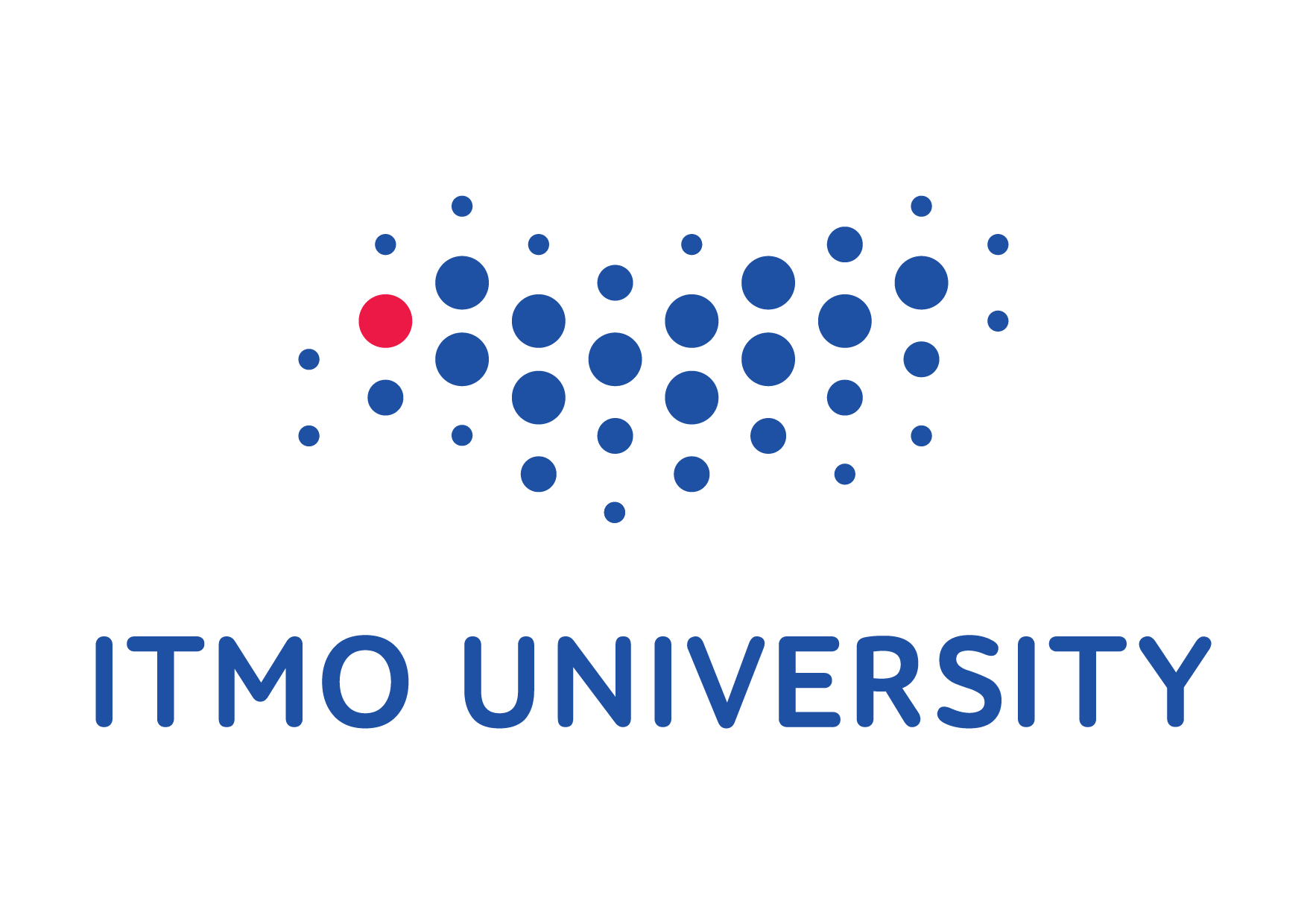ITMO: ITMO Hosts PI School by SCAMT
The is designed for young scholars wishing to learn how to put together teams, pose scientific objectives, seek project funding, and publish their results in major peer-reviewed journals. At the end of the one-week course, students will present their roadmaps for creating research laboratories that will be noticed not only in Russia but also in the world.
On June 21, ITMO University launched the for future top-tier principal investigators that brought together young and ambitious specialists from various fields. One of the school’s initiators was Vladimir Knyaginin, Vice Governor of St. Petersburg, who delivered a speech at the opening ceremony.
“Old-fashioned methods no longer work for teams that have to conduct a great amount of research within a short timeframe. We have to develop other methods for training highly-qualified specialists and, especially, principal investigators. This school will allow students to work with advanced equipment, learn how to organize their lab space and manage their team, as well as communicate with society and build their academic careers,” shares Vladimir Knyaginin, Vice Governor of St. Petersburg.
During his speech, Vladimir Knyaginin thanked ITMO University for launching the program and expressed the hope that the school would become an annual event.
Over 150 people from Russia and abroad have applied for the school. The organizers selected 40 most promising researchers (with their PhD theses defended not earlier than in 2015) who have already demonstrated their scientific potential and published their studies in top-tier journals.
Before their trip to St. Petersburg, the participants had filled out the so-called self-determination maps, in which they described their role in science and education, as well as shared their best practices for cooperation between science and industry and management strategies for research teams. Now, they have five more days to finalize their maps.
The PI School will also become a great platform for networking. Here, young scholars will have the chance to meet each other and find like-minded people for joint projects. Thus, the school will lay down the foundation for a rapid advance in Russian science.
“It’s crucial to have collaborations that are not limited to your organization or country. This way, you will take the full lead and be in charge of all breakthroughs and frontiers that you create,” says Vladimir Vasilyev, the Rector of ITMO University.
The PI School will include several tracks. The first track will teach students how to choose their topic, set scientific tasks for their employees, and get into the world’s leading journals such as Nature and Science. During the second, educational track, the school’s speakers will deliver talks on engaging students and graduates in research. One of the days will be devoted to working with industrial partners, obtaining funding, and creating prototypes that will attract enterprises. Invited experts will share their paths from aspiring PhD students to scientific leaders.
“Young scientists often think that their supervisors give them the keys to success,” says Vladimir Vinogradov, one of the school’s organizers and head of the SCAMT Laboratory. “However, that’s not always the case. You need to be aware of the role you play in the scientific community. Are you going to work in mainstream or frontier science? If the latter, then what’s your specialization? Where will you get the money for research? And how can you get published in the best journals? We want to help our students find answers to these pressing questions and build a financially stable, independent, and progressive research team.”
At the end of the course, the participants will have to transform their self-determination maps into roadmaps for developing world-class laboratories in their regions. The maps should include a five-year plan with a step-by-step guide. On the last day of classes, the scientists will have to defend their projects in front of the expert board.

